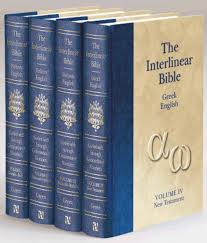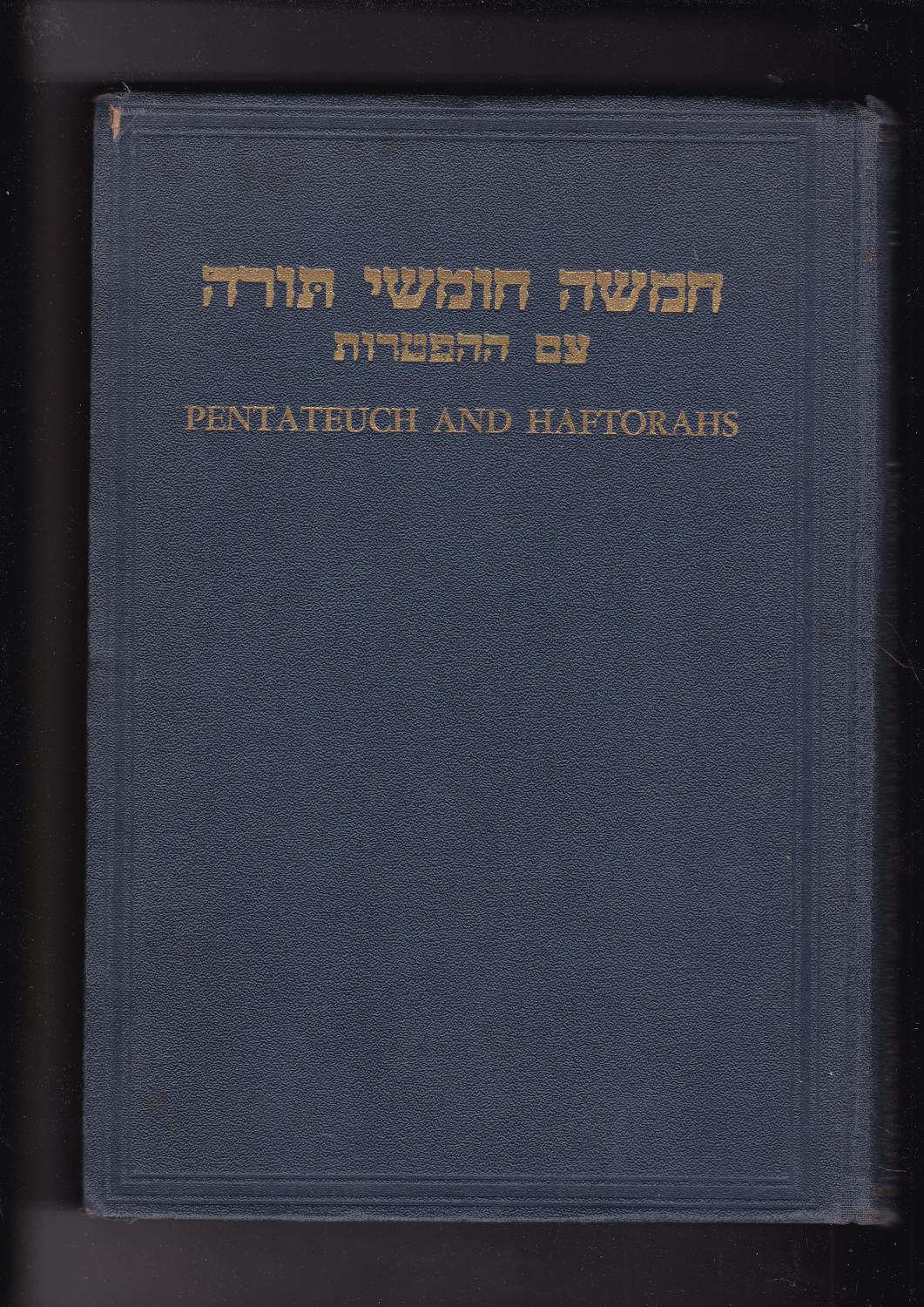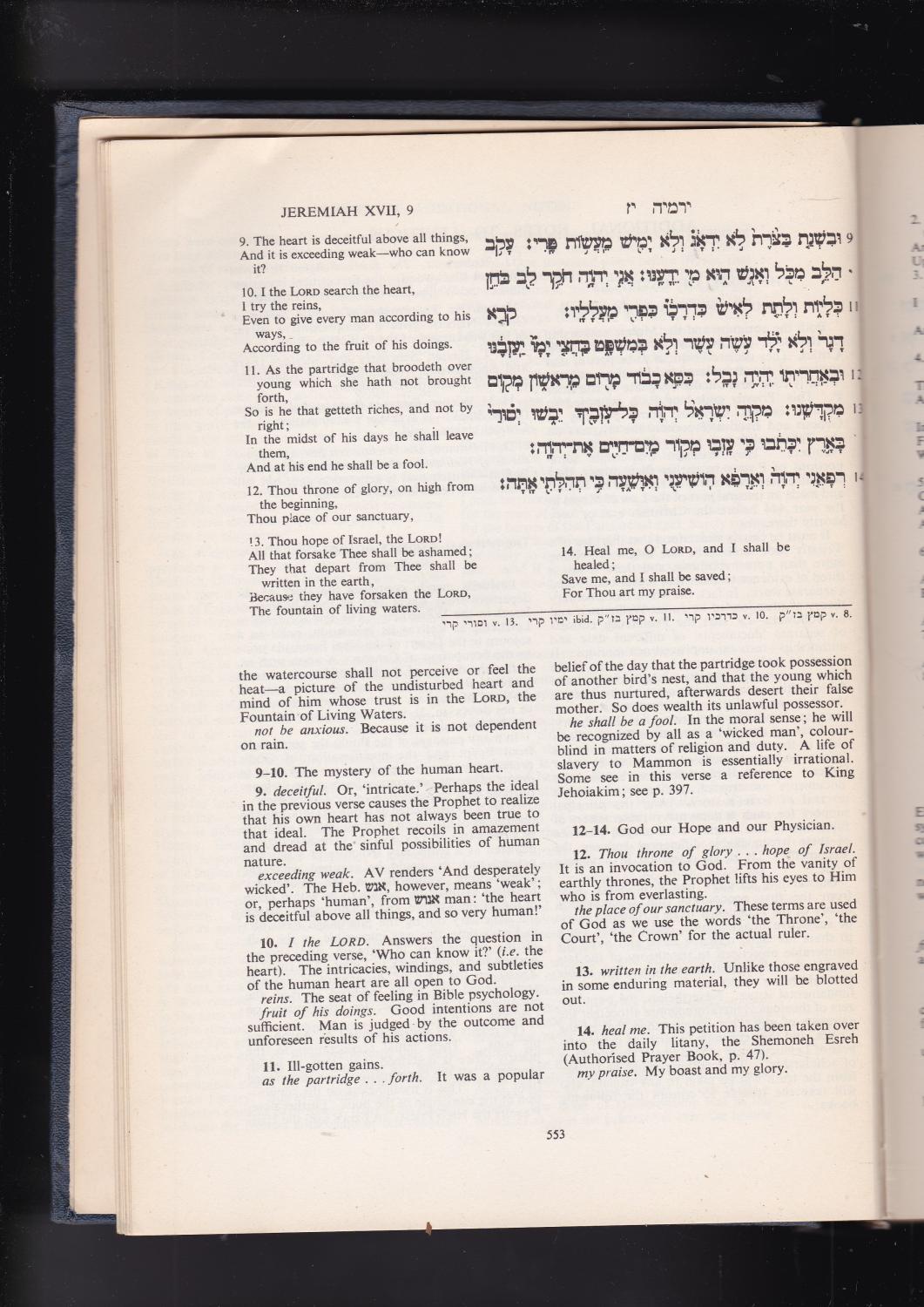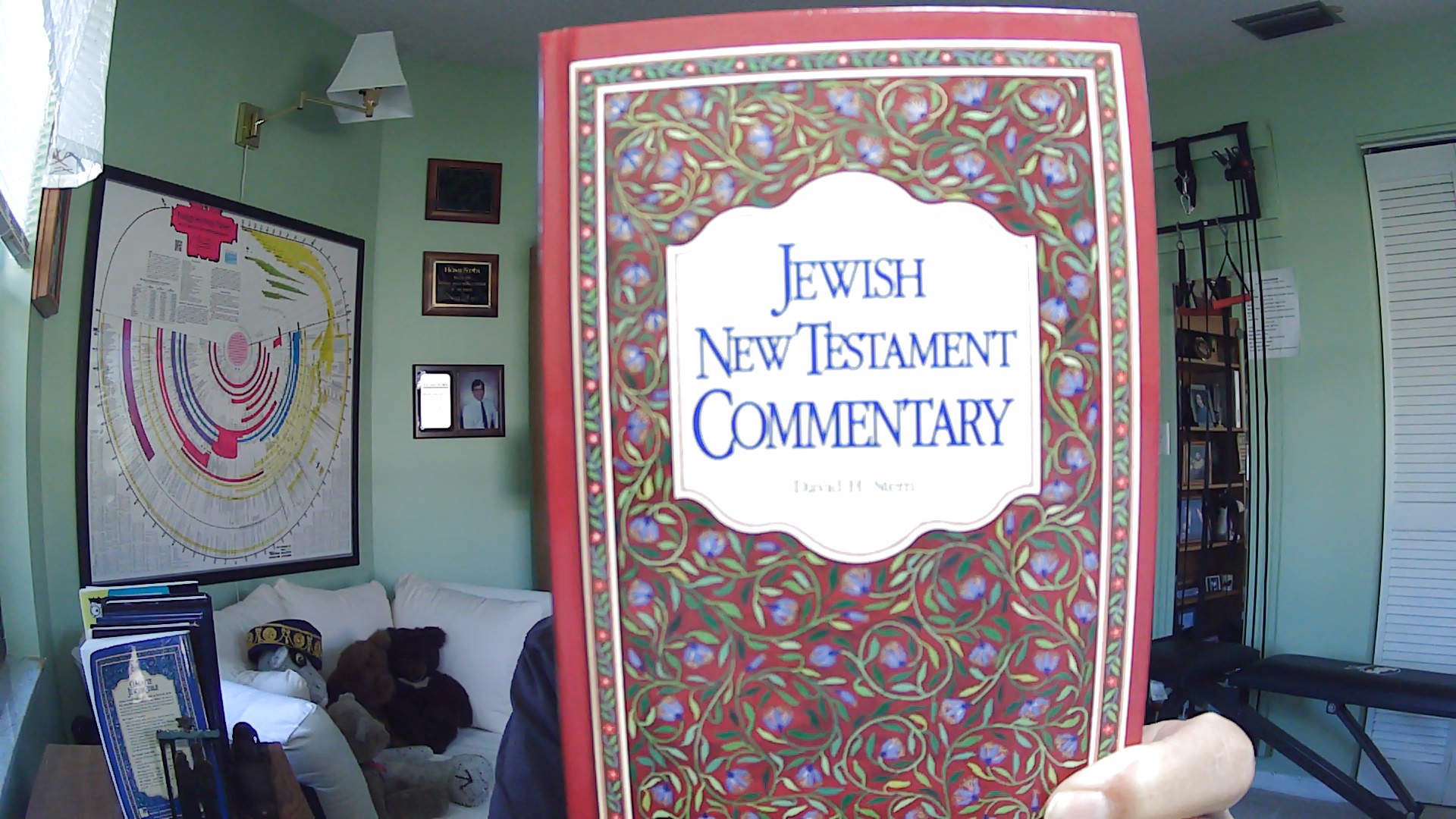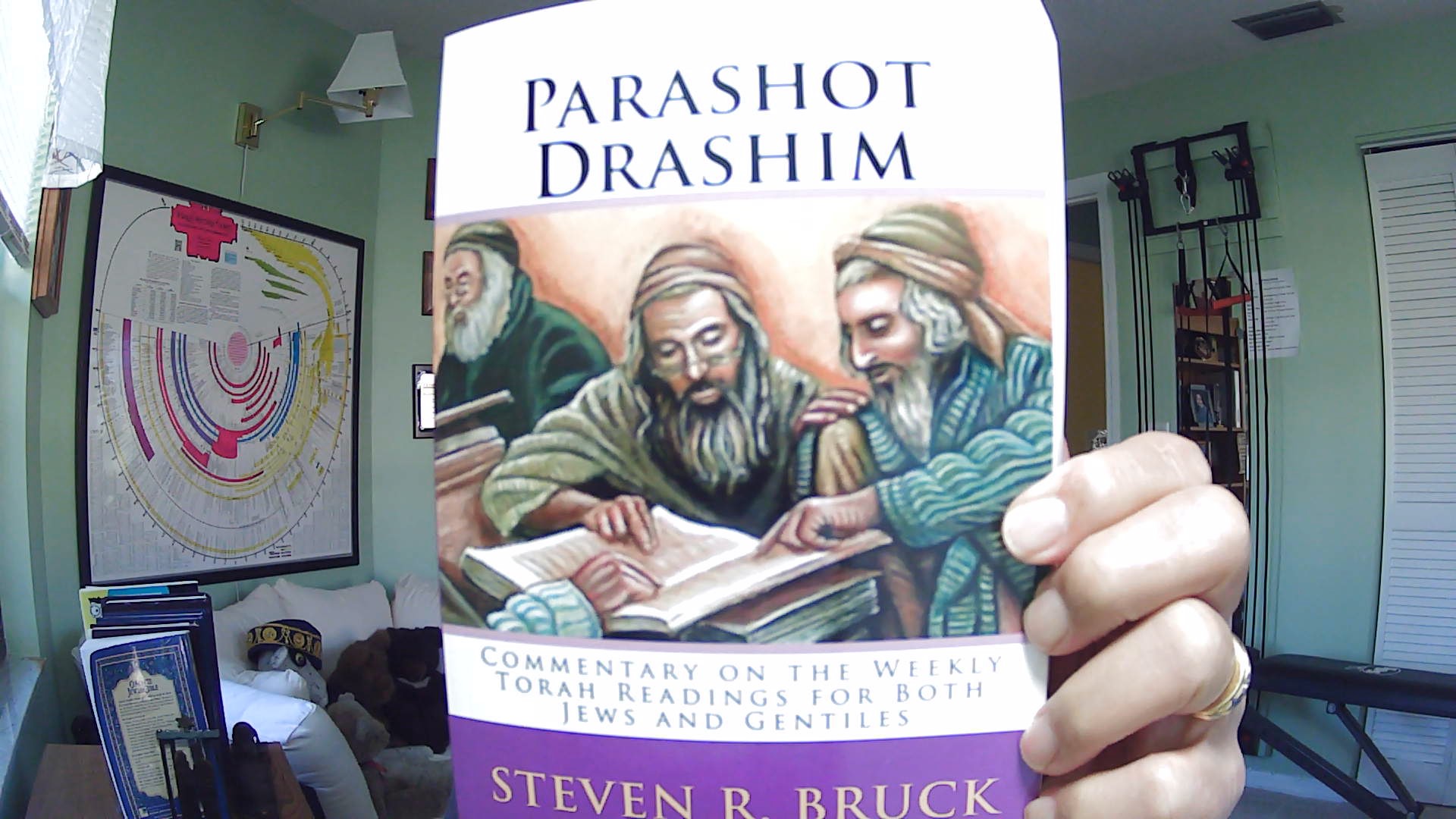חג שמח! Chag Sameach!
Happy Hanukkah to all who celebrate this joyous holiday.
If you prefer to watch a video, click on this link: Watch the video.
The Torah parashah for this Shabbat is called Vayeshev, which relates the story of Joseph. It begins with Israel giving him the coat of many colors, how he tells his brothers of his dreams showing he will rule over them one day which leads, along with other reasons, to his brother’s plot to destroy him, to him being sold into slavery in Egypt. While a slave, he is unjustly accused by his master’s wife, thrown into jail, and while there he interprets the dreams of the Pharaoh’s Baker and Cupbearer. The parashah ends with how the Cupbearer, after being restored to his post as Joseph saw in his dream, forgets to mention Joseph to the Pharaoh.
I think, though, instead of the parashah, I would like to talk with you about Hanukkah. After all, we all know the story of Joseph, but how many really know about Hanukkah?
You won’t find the story anywhere in the Tanakh, and it’s only mentioned, briefly, in the New Covenant. The places you will find the story of Hanukkah, which is told in the Books of the Maccabees (there were originally supposed to be five books, but they have been condensed into two), is in the Talmud, Septuagint, and the Apocrypha, and the only place you will find the Apocrypha included with scripture is in a Catholic Bible.
In the first book of the Maccabees, we are told how Antiochus IV Epiphanes was continuing the program called Hellenization, which was started about 1-1/2 Centuries earlier by Alexander the Great. Hellenization is the replacement of all cultures with that of the Greeks, and so in Judea, under Antiochus, circumcision and any other Jewish ritual or worship was strictly forbidden. He sacrificed pigs on the altar in the Temple of Solomon, which is the abomination that causes desecration Daniel prophesied about.
One of the generals, in a town called Modein, was enforcing these laws and as one of the priests of the town was converting to the Greek religion, the father of the Maccabees, Mattathias, became zealous for God and killed the priest, as well as the soldiers of the king. After this act of rebellion, he and his 5 sons hid in the desert, and as word got around he gained followers who wanted to rid Judea of the Seleucid rule.
Eventually, there was a full-out rebellion, and these Jewish farmers and shepherds, with little more than pitchforks, hoes, and other farming implements, fought against what was probably the best armed and most experienced professional army the world knew at that time. Imagine a man with a sharpened stick going against an elephant wearing armor plating on its body and archers sitting on its back. That would be like you or I standing in the way of an Abrams tank!
And the real miracle of Hanukkah doesn’t have to do with a lamp but is the fact that we won!
The temple was cleansed and ritual purification was to begin, with the relighting of the Ner Tamid, the Eternal Light that was never supposed to be extinguished.
Now, here is where the story is embellished with Jewish mythology from the Babylonian Talmud: there is no mention of oil lasting 8 days anywhere in the books of the Maccabees. According to legend, there was only one day’s worth of ritually purified oil for the Ner Tamid, but it miraculously burned for 8 days, which was just the right amount of time needed to produce more ritually pure oil. This is why we light the Hanukkiah (it is not a menorah) with a new candle every night during the 8 nights of Hanukkah. The ninth candle, which is called the Shamash (leader) is used to light the other candles as we recite the prayer for the Hanukkah candles:
Bah-rookh ah-tah ah-doh-noi, eh-loh-hay-noo meh-lekh hah-oh-lahm, ah-sher ki-deh-shah-noo beh-mitz-voh-tahv, veh-tzee-vah-noo, leh-hahd-lik nayr, shel kha-noo-kah
Blessed are You, Lord our God, King of the universe, who has sanctified us with His commandments, and commanded us to kindle the Chanukah light.
The second book of the Maccabees is a continuation of the story and outlines the events after the initial rebellion, the leadership by the oldest Maccabee, Judas, and how he restored Jewish rule and freedom of worship in Judea. It also tells of the eventual plots against the Maccabees, resulting in they’re being deposed by the very people they saved.
There are also a number of atrocities outlined in these books regarding the torture of the Jews who refused to accept the Greek religion. When Antiochus heard of a rebellion, his army slaughtered some 40,000 men, women, and children, and another 40,000 were enslaved.
One story from 2 Maccabees is about a woman with 7 sons. They were told they had to eat pork but each refused, being tortured to death, one-by-one, with their mother watching. As the last son refused, it is told how the general even begged the mother to tell her son to comply so she wouldn’t have to lose all her children. Instead of telling her son to eat the pork, she told him not to eat the pork so that the death of the other sons was not for nothing.
Other stories of torture include ripping pregnant women apart, sliding men down a ramp with sharp knives along the way, whippings, cutting out of tongues, hands being cut off, and roasting people alive on a metal pan over a burning hot fire.
Ouch!
But, despite the torture, the desire by the populace to do what is right in God’s eyes, even to the point of death, is what the Greeks faced, although there were many who turned from the faith. Eventually, God came to the aid of his people when they rebelled against this evil.
There are some who refuse to celebrate Hanukkah simply because it isn’t commanded in the Tanakh, even though they recognize it is meant to glorify God. That is their choice, and I suspect they don’t celebrate Purim or Simchat Torah, either, since neither of those holidays are commanded. And, again, I don’t want to originate a discussion about whether or not you should celebrate Hanukkah or Purim or Christmas or Easter, or whatever- frankly, if it isn’t commanded to be celebrated, then it is a personal choice.
Today we see a similar sort of evil in America: not that there is a king taking away our ritual worship and torturing people, but there is a growing societal conversion from morality and righteousness to selfishness and the condoning, actually more than that, the enthusiastic supporting of sinfulness.
Have you noticed that in family-oriented commercials now there is almost always a same-sex couple? Have you heard about how already there are some states that don’t just allow abortion, but now they are able to kill the child after it has been born if the abortion failed!
Hello, Molech- welcome back!
The recent pandemic has been turned into a political weapon, and instead of helping people cope with it, many of our country’s leaders are using it to shut down businesses and cause fear, with which they can control the populace.
There is no temple in Jerusalem suffering the abomination that causes desecration, but we can see it in our society! I won’t go off on a rampage here, and I don’t want to initiate any political battles, but it is clear to anyone who knows anything about the Lord, God that our society is not all that far away from what Antiochus was trying to do some 200 or so years before the Messiah came, which was to remove all God-fearing worship and lifestyle from the society.
Hanukkah is a joyous celebration of the miraculous overthrow by God-fearing people of a corrupted and evil government, and I have to wonder: couldn’t we use a Mattathias or a Judas Maccabee, today?
Thank you for being here; please subscribe, share these messages with everyone you know, and I always welcome your comments.
Until next time, L’hitraot and Shabbat Shalom!

